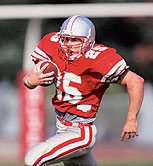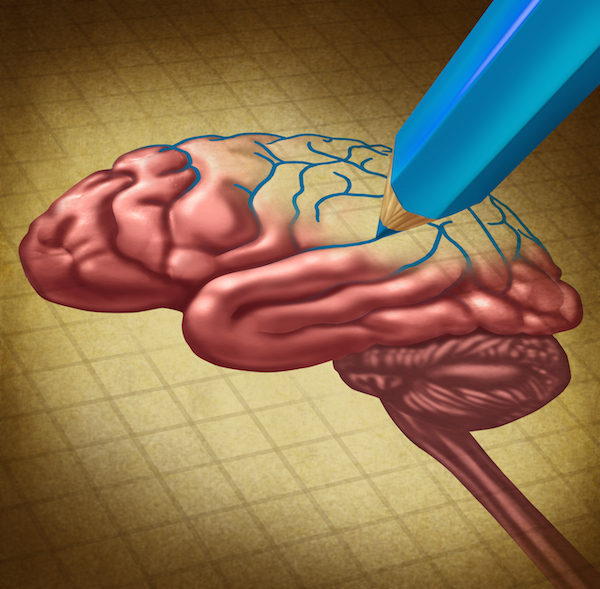
WEDNESDAY, June 16 (HealthDay News) — Although parents support strict policies on concussions in school sports, the majority are unaware if their school has such a policy — and most report widespread pressure to return young athletes to sports before they have fully healed.
These findings came from the C.S. Mott Children’s Hospital National Poll on Children’s Health, which surveyed parents of children ages 12 to 17 who play school sports. It found that nearly two-thirds of respondents are concerned their child will suffer a concussion but half don’t know if their child’s school has a concussion policy. In addition, more than one-third don’t know about the dangers of repeat concussions.
Recent research has found that youth athletes are more likely than adults to sustain concussions and to take longer to recover. Children with such a head injury also run a greater risk of long-term neurologic damage if they sustain a second concussion while recovering from the first.
“Even though parents of youth athletes lack awareness about effects of repeat concussions, they demonstrate strong support for strategies to minimize the risk of concussion,” Sarah J. Clark, associate director of the poll and a research assistant professor of pediatrics at the University of Michigan, said in a university news release.
The poll found that most parents strongly support the following school requirements:
- Athletes who’ve suffered a concussion must be evaluated and cleared by a doctor before they’re allowed to return to sports (84 percent).
- Coaches have to be educated about the risks of concussions (81 percent).
- After a concussion, athletes must have a mandatory period of no participation in sports (71 percent).
- Schools must have a certified trainer onsite for practices and games (67 percent).
Many parents are aware that there’s great pressure to allow young athletes to keep playing after a head injury. For example, 62 percent of respondents said they know of a parent who would have a child return to school sports too soon after a concussion, and 50 percent report knowing a coach who would do the same thing.
“Parent involvement in guarding against repeat concussions is critical,” Clark said. “Most concussions do not result in loss of consciousness, and symptoms may not occur until several hours after the injury. If young athletes are afraid of losing playing time, they may not be honest with the coach or trainer about their symptoms.”
Signs of a concussion include confusion, memory loss, headache, dizziness, problems with balance, a sensation of things spinning around (vertigo), and nausea and vomiting. Experts say that if these symptoms follow a head injury, parents should promptly seek an evaluation from a medical professional.
More information
The U.S. Centers for Disease Control and Prevention has more about concussion in high school sports.

